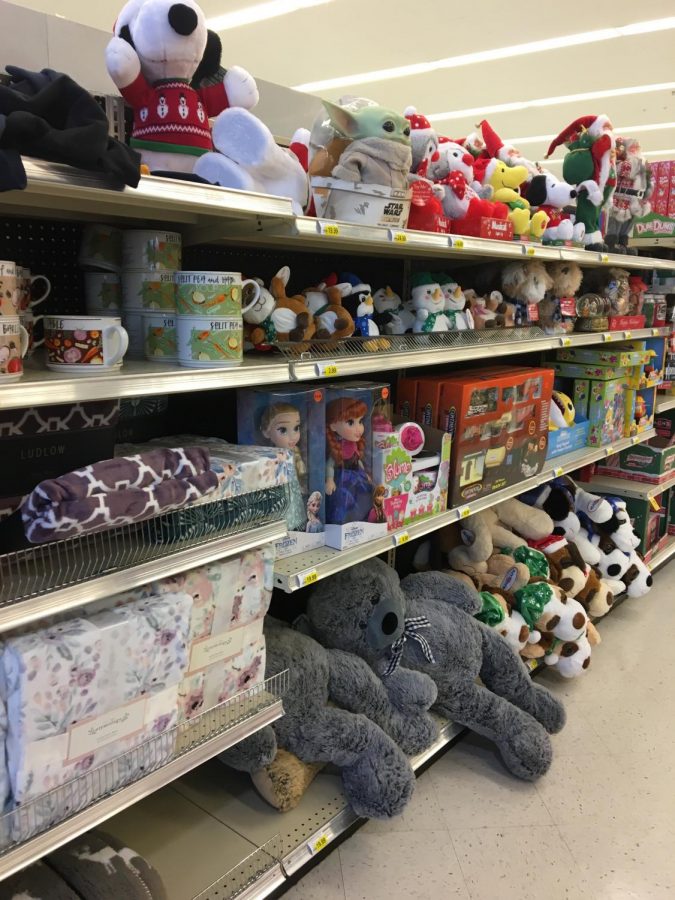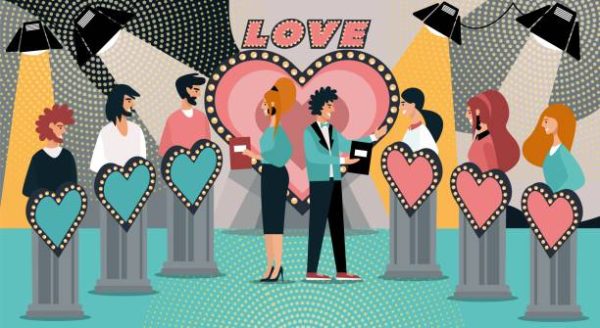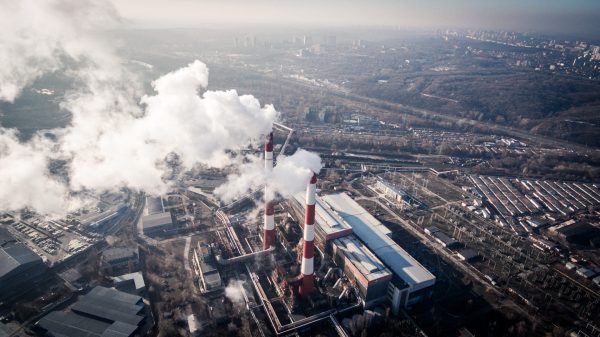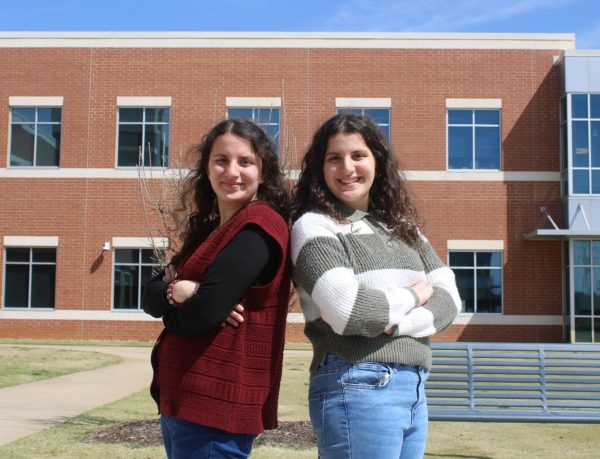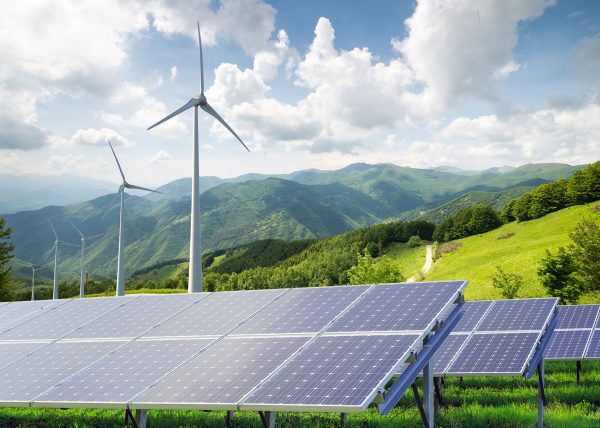Consumer Holidays’ Negative Effects
Holidays are emptying pockets and filling landfills
Seasonal items like toys and games fill the shelves of Spartanburg’s grocery stores. Those that do not sell will be thrown out after the holiday season.
December 9, 2020
Holidays such as Christmas, Valentine’s Day, Halloween and Easter are celebrated by almost every household in the country regardless of belief or class each year. These holidays consequently lead to millions of Christmas trees, used wrapping paper, ornaments, decorations, Halloween candy, cards, Easter eggs and more being bought and then thrown away days later. Unnecessary holiday spending has increased throughout the years despite environmental concerns because of the increasing pressure put on by these companies’ marketing departments to get consumers to buy holiday products. Whether it be the placement of holiday decorations on a shelf or the early timing of their arrival in stores, companies are pushing consumers to buy more and more each year, emptying consumer pockets and filling landfills. Consumer holidays add to the ever-growing waste issue since many people fail to recycle boxes, paper and other items during the holiday season.
Nick Plaisted teaches a new Environmental Sustainability class, where he breaks sustainability down into 3 Rs: recycle, reduce and reuse.
“Recycling is important because we have a finite number of resources on this planet and we must use them wisely,” Plaisted said. “Although recycling is important, it is of the utmost importance that we reduce our consumption and reuse materials when appropriate. Not taking the three R’s seriously, multiplied by billions of people on this planet, equals disaster for our environment.”
Another major issue that consumer holidays bring is the increase in shipping pollution. According to imgoearth.org, in 2018, the United States Postal Service delivered 6.2 billion packages, and of that, 14.5% (900 million) were delivered between Thanksgiving and New Year’s Day. People who online shop for Christmas gifts often get carried away with the specials and holiday deals like buy-one-get-one and free shipping and cause a major increase in the amount of delivery trips which adds to CO2 emissions. Christmas lights also contribute to an increase in electricity use.
In a CBC interview, Miguel Román, professor and founder of The Earth from Space Institute, said he is able to measure the increased holiday light from space.
“It gets 20 to 30 percent brighter relative to other periods of the year,” Román said. “And that was directly the result of holiday decorations in highly residential sectors.”
As generations have become generally wealthier and have more money to spend during the holidays, society has shifted their meanings. While Valentine’s Day and Halloween have always been about candy and cards, holidays like Christmas and Easter have become more about gifts and material items and less about their true story. Religious holidays and the stories that they tell shape our culture, and forgetting their true meaning can be detrimental to society.
Kenneth Lucy, a philosophy and religion professor at University of Nevada, has studied religious holidays and said he has concluded that their commercialization is inevitable, according to rgj.com.
“Whatever aspect of society one cares most about, it is quite natural to deplore its excessive commercialization,” Lucy said. “Sport enthusiasts may deplore the commercialization of their favorite game, and art lovers may boggle at 46 million for a Norman Rockwell painting.”




